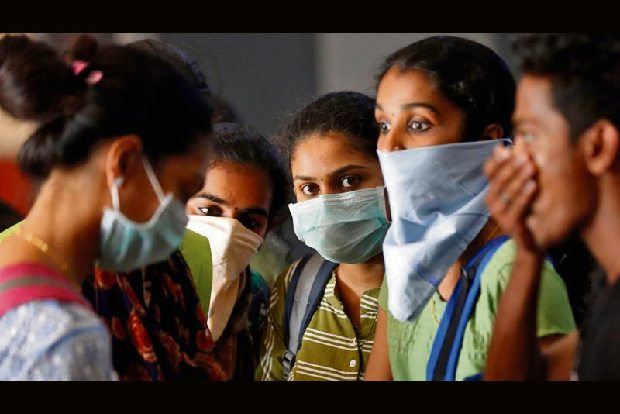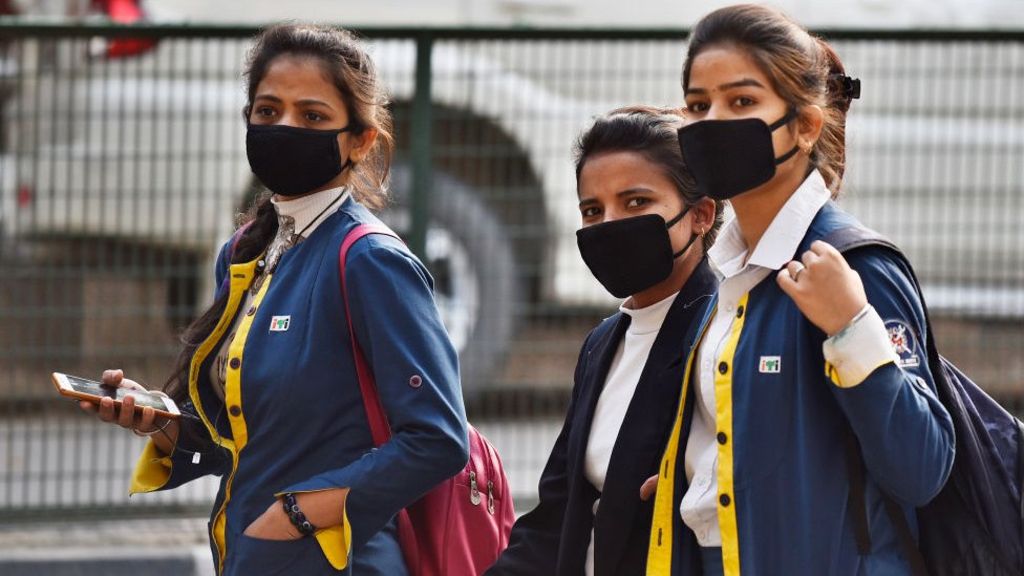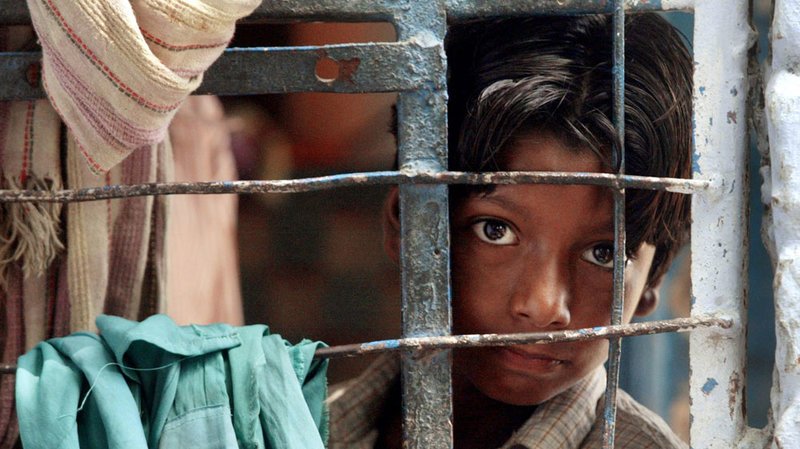With the COVID-19 lockdown nearing its 21 days, it becomes important to recognise what lockdown and social distancing means for different people. India has the largest child population in the world, with 472 million children, many of whom are going through the pandemic without roofs on their heads. Houses are not necessarily the safest spaces for everyone uniformly, especially for children living in abusive households.
Control by abusers is often exerted on a victim by isolating them from family and friends, the lockdown makes the task much easier. Additionally, self-quarantining at home means being in continuous and close proximity with one’s abuser which can be extremely emotionally taxing.

More than 92,000 SOS calls were received by the Childline India helpline asking for protection from abuse and violence in the past few weeks since the country-wide lockdown was announced. According to Harleen Walia, Deputy Director of Childline India, the number of calls on the helpline since the lockdown has increased by 50%. Around 8% of other calls out of a total of 3.07 lakh calls received were regarding child labour, another 8% dealing with missing or runaway children. The threat for physical, sexual, as well as emotional abuse, looms over the children along with COVID-19. According to UNICEF, the estimated number of children exposed to domestic violence lies between 27.1 to 69 million.
Control by abusers is often exerted on a victim by isolating them from family and friends, the lockdown makes the task much easier. Additionally, self-quarantining at home means being in continuous and close proximity with one’s abuser which can be extremely emotionally taxing.
Sexual Assault
Given that most perpetrators of sexual assault against children are individuals known to them, a lockdown may aggravate their situation. The perpetrators in 94.8% of cases of child, rape were known to the child, with neighbours as well as family members comprising the percentage. In the light of these numbers, it becomes clear that a lockdown spells disaster for those whose houses are unsafe areas for them to live in.
Closing of Schools and Communication
With the closing down of schools, children do not have access to outlets or periods of being away from an abuser back home. Additionally, teachers are often the first to recognise signs of a child suffering through abuse or are usually confided in, a side effect of schools shutting down is the lack of communication to both friends and teachers. On top of that, they are unable to go out for play-time or any other social interactions either. Moreover, not all children have access to technology to take up online arrangements of classes or interact with their classmates.
Also read: Let’s Talk About Domestic Abuse During COVID-19
The amount of stress that clouds over every household currently over the virus, the economy and the policies, has an impact on the behaviours towards children who may be unaware of these worries. Additionally, children who must be getting more and more aware of these issues due to them featuring in common talk, are currently being introduced to a world that they were never prepared for. Just like for everyone else, the pandemic has a great impact on the mental health of children as well, especially with the amount and nature of communication they’re having.

Even children with access to technology are not necessarily safe. The International Justice Mission (IJM) recently released a warning regarding the propensity of rising cyber-crime against children with the COVID-19 lockdown. Given that children will be using more of the internet to access classrooms, IJM has drawn attention to the exploitation of this opportunity by cyber predators and stalkers.
Delhi has more than 70,000 street children. Most of whom have learnt to fend for themselves over the years, but in the current unprecedented scenario, they are in dire need of aid. It is tough to reach out to said kids as most of them are not in the system and do not have permanent dwellings.
Class Issue
Most Indian houses (69%) have only one room or two-room houses according to Census data. Meaning that there is not enough space for individuals to practice social distancing within their homes. This also means that children have little to no privacy and have to share their spaces with other members.
Where do those with no houses go when they are told to stay at home? Delhi has more than approximately 70,000 children living on the streets. Most of whom have learnt to fend for themselves over the years, but in the current unprecedented scenario, they are in dire need of aid. It is tough to reach out to said kids as most of them are not in the system and do not have permanent dwellings. With daily wage earners losing their jobs and earnings, their children suffer as well. Although government agencies like the Delhi Commission for Protection of Child Rights are distributing food items, the scale of the problem is fairly large.

Children during COVID-19 are facing a plethora of issues. It becomes important for us to recognise the same, moreover, it is important for services like the Childline India Helpline to be made ‘essential services’. The same to a degree extends to child rights specific NGOs that have an infrastructure in place of reaching out to children. As individuals, we need to check in on relatives and neighbours, especially with the children and provide them with spaces to be able to talk about any abuse or problems they may be facing at home. If a situation seems to be extremely serious, reach out to 1098 for help.
As we take to our homes during this lockdown, a certain urgency needs to be attached to this problem of the pandemic lockdown putting millions of children across the country at risk.
Feature Image Source: Manish Swarup/NPR
About the author(s)
Surmayi is a writer trying to pen down words with ink made from sunset's colours and a student of Political Science at Miranda House.
She has authored a story in a collection of short stories called Cadence. Her poetry and fiction have been published in several online journals and print anthologies. A blog columnist for Teen Belle Magazine, she has also been a contributor to Medium and a content writer for Reform The Norm.
A raging feminist using writing as her medium.




